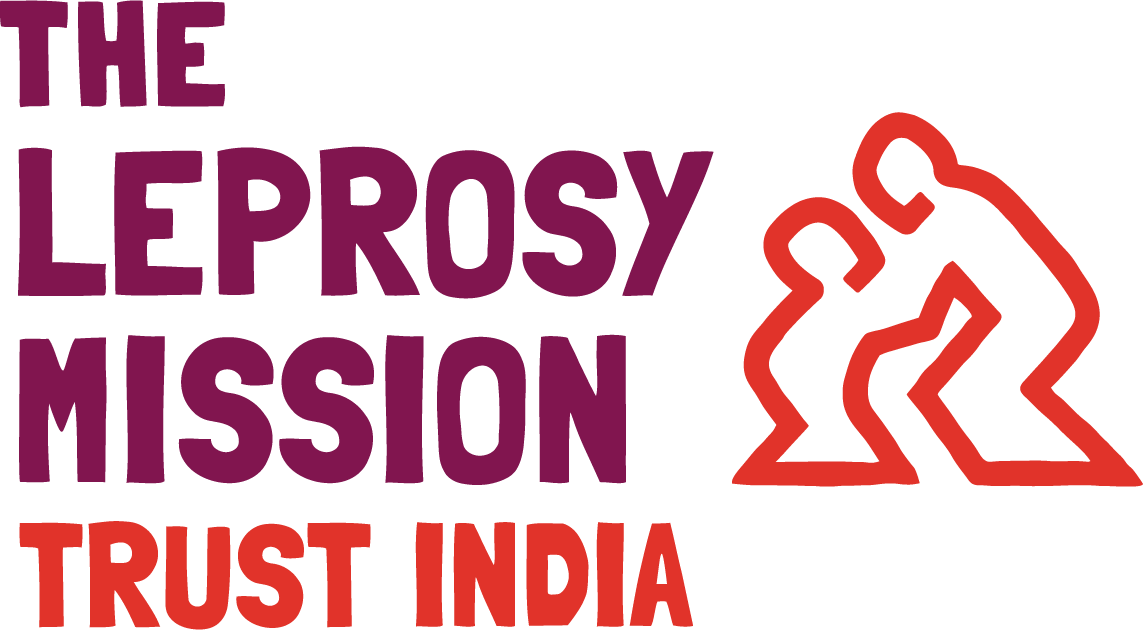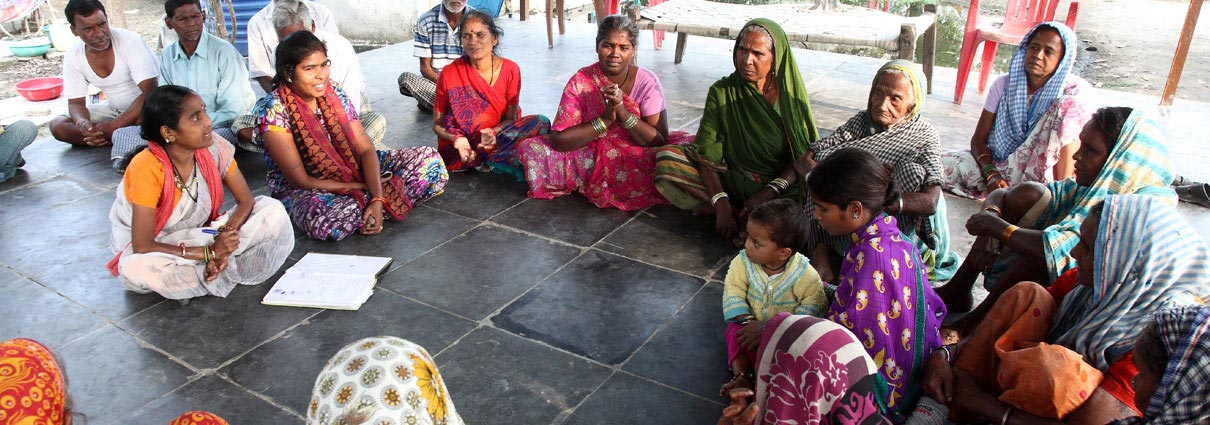Women Empowerment
“There is no tool for development more effective than the empowerment of women” – Kofi Annan
Women affected by leprosy suffer more than men because of the multiple disadvantages of gender, stigma and disability. They suffer isolation and rejection in the family and society. The Leprosy Mission Trust India’s (TLMTI) efforts are directed at empowering them socially, economically, and politically to assume decision-making roles in the family and leadership roles in the community. They are supported to work for strengthening of family structures; enhancing family income and helping their children realise their full potential. They are also supported for their social and political advancement, while reducing vulnerability and marginalisation within the family and community.
Educational support, livelihood training, and literacy programmes are provided to women from rural communities. Men are also included and sensitised to gender equality and its importance for the development of the family and community. They are encouraged to critically examine and challenge myths, misconceptions and cultural norms about the prevailing gender inequalities. Also, they are urged to come up with ways to promote empowerment of women.
Women are organised into self-help groups (SHGs) and are made aware of their rights. They take up issues of discrimination and actively participate in local governance. Increased mobility, access to mainstream resources and income generation are some of the impacts of the programme. The programme has supported women to gain information on local self-governance. As a result, many women contested election to the Panchayati Raj Institutions, and many are serving as Gram Panchayat members.


